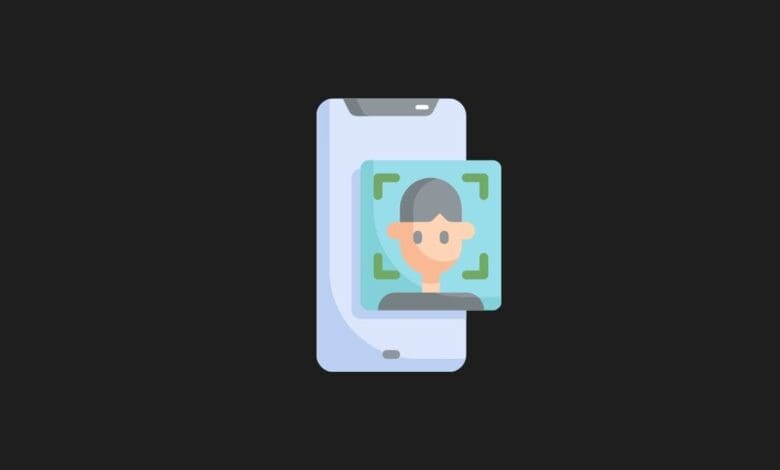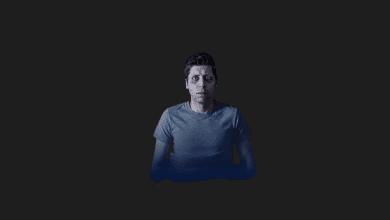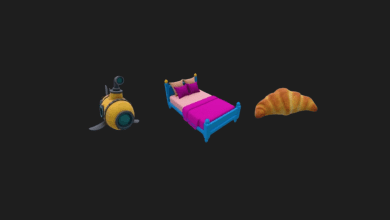
Scientists at Dartmouth University in the United States have developed an innovative mobile application powered by artificial intelligence, named “MoodCapture.” This application stands out by measuring an individual’s level of depression through selfies. Despite being in its early stages, MoodCapture has already achieved an accuracy rate exceeding 75 percent.
The approach of MoodCapture differs significantly from typical camera applications. Users cannot take selfies at their discretion. Instead, the app captures multiple photos with the selfie camera at random moments when the user unlocks their screen.
This method is designed with a purpose: by choosing the timing unpredictably, MoodCapture aims to avoid the potential for users to mask their true emotions, thereby enhancing the accuracy of its depression assessments.
So how was this app developed?

The research team at Dartmouth University has utilized a unique dataset for developing the AI algorithm behind MoodCapture. They gathered data from 177 individuals previously diagnosed with major depressive disorder. Over a period of 90 days, these participants completed an 8-item questionnaire. On days when participants reported feelings such as sadness, depression, or hopelessness, agreeing or disagreeing with statements like “I feel sad, depressed, or hopeless,” they were photographed without their awareness.
This approach yielded approximately 125,000 photographs, which were then subject to anatomical analysis. The AI model developed from this comprehensive dataset has shown the capability to assess an individual’s depression level. Currently, MoodCapture has achieved an accuracy rate of over 75 percent, with projections suggesting it could surpass 90 percent accuracy within five years.
A standout feature of MoodCapture is its ability to offer personalized recommendations to users experiencing an uptick in depression symptoms. These suggestions are tailored to the individual’s circumstances and may include activities like spending time outdoors, engaging in physical exercise, or increasing social interactions with family and friends. The goal is not only to monitor depression levels but also to implement proactive strategies to mitigate and potentially reverse the progression of depression.
Professor Nicholas Jacobson, who spearheaded the development team, emphasized the significance of this approach. He noted that it addresses the dynamic and highly personalized nature of major depressive disorder. Symptoms can fluctuate widely from one day to the next, and MoodCapture is designed to adapt to these variations effectively.
You Might Also Like:
- AI Tools Are Coming to Opera Android: Here Are the Innovations
- Top 6 Essential AI APIs for Developers to Integrate Into Your Projects in 2026
- 10 Best AI Tools on Your Phone: Top Mobile Apps for iOS & Android (2026)
Follow us on TWITTER (X) and be instantly informed about the latest developments…











